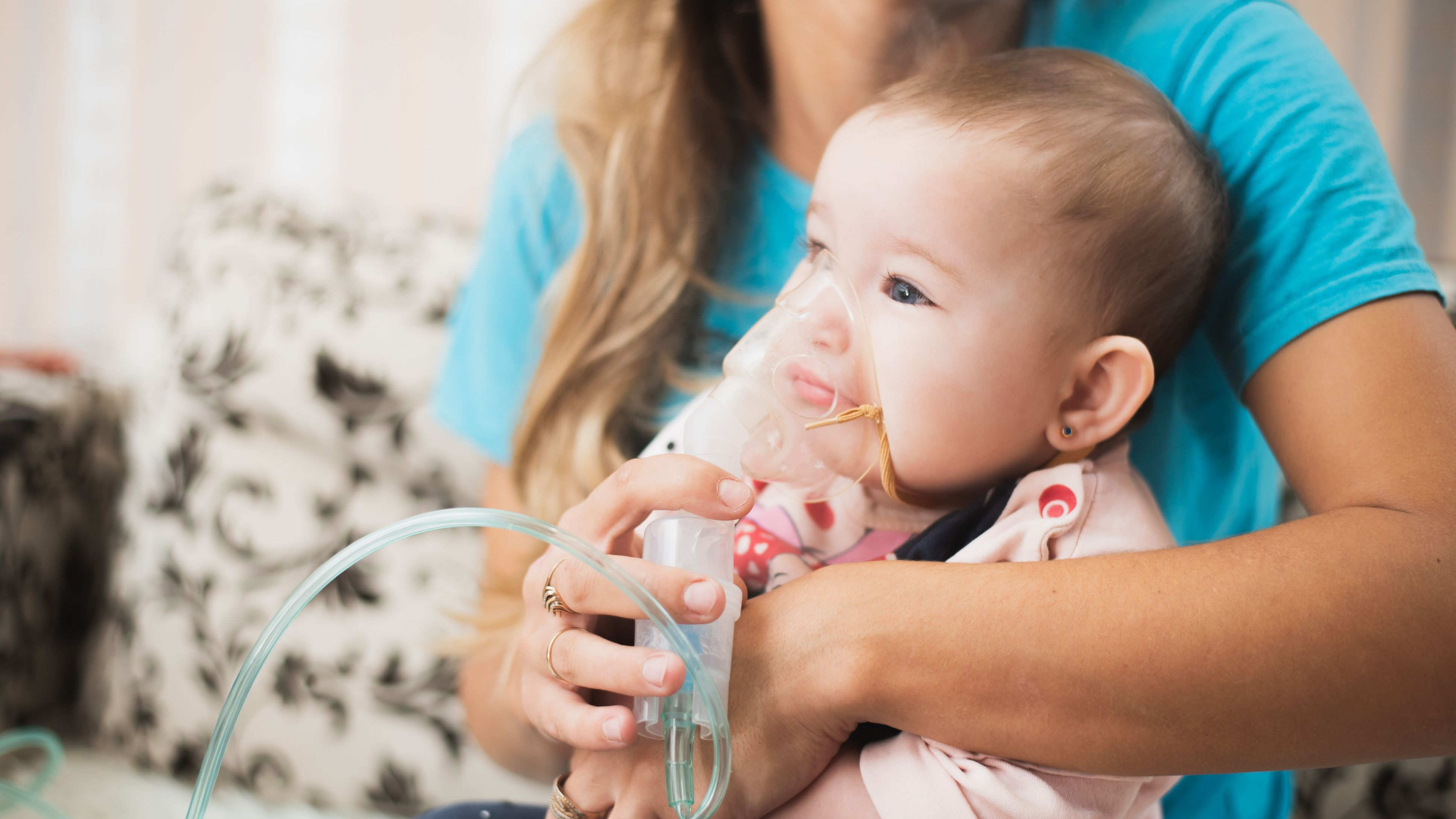
As parents, having a child with BPD is a scary battle to face. We know you want what’s best for your baby, which is why we’re here to provide you with some helpful things you should know when it comes to caring for your little one.
Bronchopulmonary Dysplasia: Overview
BPD, sometimes called chronic lung disease, is a risk for babies born very prematurely who have respiratory issues after birth. BPD isn’t something you’re born with, but rather something that develops in premature infants. Thankfully, most children fully recover with little to no long-term health problems. There is still the potential for BPD to be a serious issue requiring extensive medical care.
Things to Know When Caring for Your Baby
Now it’s time to discuss some advice and tips for parents of a child with BPD. Following these precautions will simply provide your baby with a better quality of life and lower their risk for further respiratory problems.
- Reduce Exposure: Since their respiratory system is already at risk, it’s important to limit exposure and be extra careful to avoid potential respiratory infections. Avoid visitors if they are sick and opt for a nanny or small childcare center if necessary so there is less exposure to sick kids.
- Vaccinations: It’s important that your baby receives all recommended vaccinations. To see an immunization chart for reference as well as when these vaccinations are normally given, visit this link.
- Smoke-Free: Tobacco smoke is a serious respiratory irritant. Make sure you always keep your child away from tobacco smoke!
- High-Calorie Formula: Your doctor may recommend a high-calorie formula since babies with BPD sometimes have trouble growing. This is still an option if you’re breastfeeding, as formula feedings can be given as a supplement.
Signs of Respiratory Distress
Another important part of caring for a child with BPD is being aware of the warning signs for respiratory distress. If your baby is showing any of the following signs, call your doctor just to be safe.
- Wheezing
- Excess vomiting after feedings
- Fast breathing
- Frequent coughing
- Discolored skin (pale or bluish in color)
- Working harder than normal to breathe
We hope you’re more at ease now that you’ve done the research and know more about what to expect. Don’t hesitate to ask us questions and feel free to visit our online catalog to learn more about the products we offer!
July 9, 2021 by Life Tech
As parents, having a child with BPD is a scary battle to face. We know you want what’s best for your baby, which is why we’re here to provide you with some helpful things you should know when it comes to caring for your little one. Bronchopulmonary...